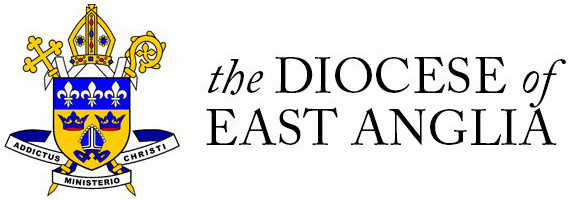Anti-Bullying Advice
Behaviour by an individual or group often repeated over time, that intentionally harms another individual or group either physically or emotionally. It normally involves an imbalance of power, which makes it difficult for those being bullied to defend themselves.
Think 'STOP' (Several Times On Purpose)
All children have an absolute right to be educated in a safe and secure environment and to be protected from those who may wish to harm, degrade or abuse them.
There is never any justification for bullying and it will not be tolerated in any form.
At St. Bede’s we recognise that bullying is a problem for both the victim and the bully and we try at all times to address these in positive and constructive ways with the aim of providing opportunities for growth and development for the victim and bully alike.
We endeavour to adopt a restorative approach wherever possible as we believe it is the most effective way of healing the wounds that bullying can inflict for all involved.
Forms of bullying:
- Physical – being punched, pushed, physically intimidated or hurt; made to give up money
or belongings; having property, clothes or belongings damaged; being forced to do
something you don’t want to do. - Verbal – being teased in a nasty way; being called gay (whether it’s true or not); insulted
about your race, religion or culture, called names in other ways or having offensive,
derogatory comments directed at you. - Indirect – being left out, ignored or excluded from groups; being the subject of malicious
gossip or rumours or relational aggression. - Sexual harassment – repeated and unwelcome physical contact, comment or suggestion
or jokes of a sexual nature. - Electronic/cyberbullying (including verbal, sexual harassment and indirect) – via text
message, instant messenger services and social network sites, email, images or videos
posted on the internet or sent via mobile devices. Often it is very difficult for the victim to
escape cyber-bullying as it can take place at any time of day or night which can become
particularly distressing.
* Be aware that when a person is targeted due to hostility or prejudice towards that person’s disability, race or ethnicity, religion or beliefs, sexual orientation or transgender identity, it could constitute a hate crime and should be reported to the school’s Designated Safeguarding Lead (DSL), Alistair Day (Headteacher): aday@stbedes.cambs.sch.uk immediately.
Think ‘STOP’ (Start Telling Other People)
Tell someone immediately if you are concerned that you or someone you know may be being bullied. The people you can tell are:
- Parents or carers who can then tell the school
- A friend who can then tell a teacher at the school
- A prefect assigned to each Yr7, Yr8 or Yr9 form group
- A member of staff within the school, such as a form tutor, T.A. or teacher.
We do not tolerate bullying within St Bede's. If you have a concern that's raised with us, we will listen sympathetically to the concern, we will take the concern seriously and we will act.
For more information, please refer to the school anti-bullying policy:




